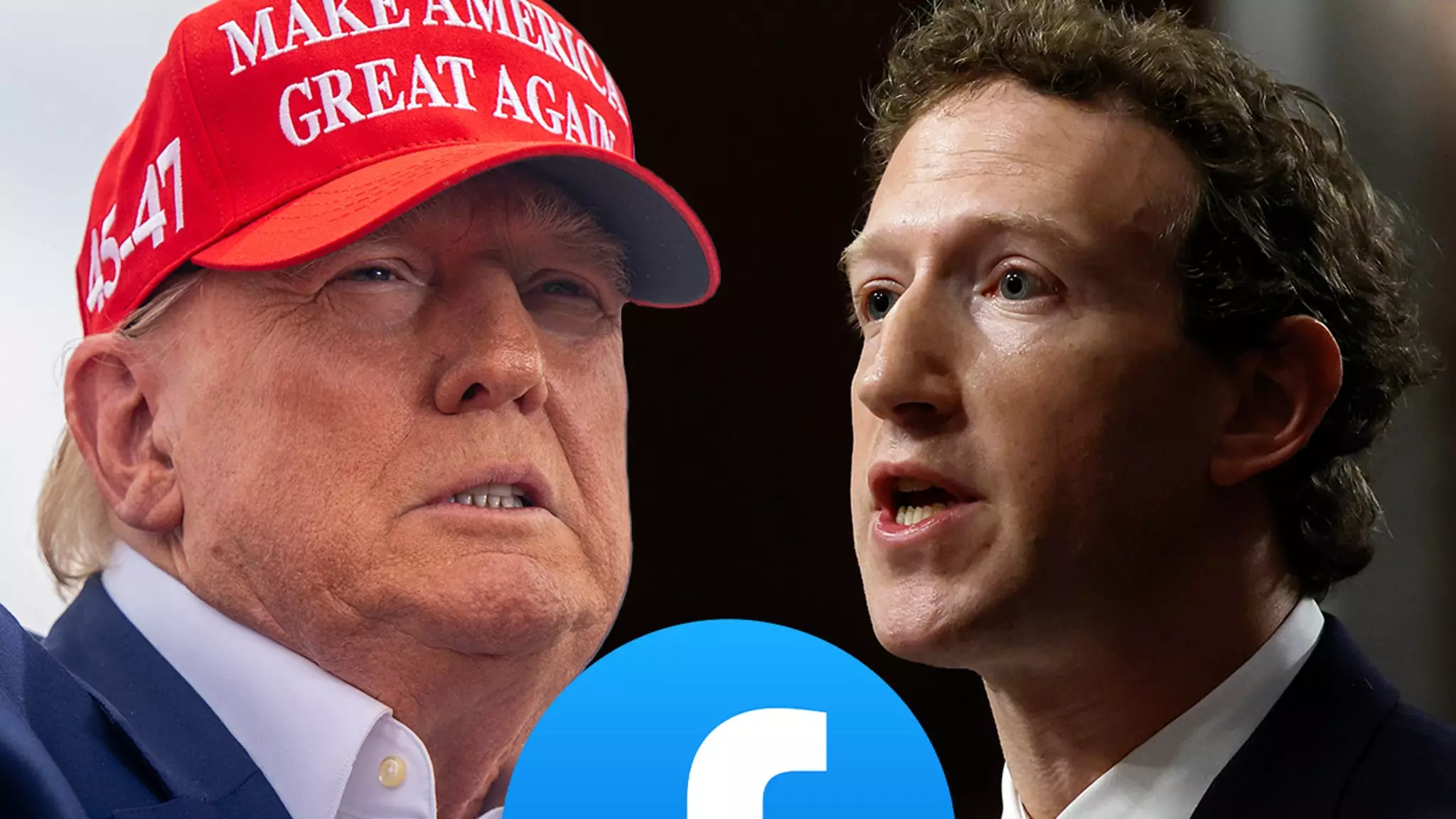Meta’s recent decision to lift all restrictions on Donald Trump’s official Facebook and Instagram pages has raised eyebrows across social media platforms. This came shortly after Trump publicly criticized Mark Zuckerberg online, making it a bold move by Meta considering the history between the two personalities.
In a statement, Meta justified its decision by emphasizing the importance of allowing political expression, especially from presidential nominees. The company’s stance on providing a platform for prominent political figures aligns with the belief that the American people should have access to information from all candidates on an equal basis.
The Context of Trump’s Ban
Trump’s ban from Facebook and Instagram in 2021 following the Capitol insurrection marked a significant turning point in his relationship with mainstream social media. His subsequent removal from Twitter further isolated him from his online audience, prompting the creation of his own platform, Truth Social.
While Meta reinstated Trump’s accounts last year under the condition of monitoring for potential violations, the recent decision indicates a complete removal of any restrictions. This move raises questions about the company’s enforcement of policies against hate speech and incitement to violence for all users, including high-profile individuals like Trump.
Implications and Future Scenarios
The implications of Meta’s decision extend beyond just Trump’s social media presence. It will be interesting to observe whether Trump will increase his activity on Facebook and Instagram or continue to focus on Truth Social for his online outreach. Additionally, the potential impact on the upcoming Republican National Convention in Milwaukee where Trump is expected to be formally nominated as the GOP candidate remains to be seen.
Meta’s choice to roll back restrictions on Donald Trump’s Facebook and Instagram accounts has sparked a debate on the role of social media companies in regulating political discourse. The decision to prioritize political expression while maintaining a commitment to preventing hate speech and violence raises complex challenges for platforms like Meta in navigating the intersection of free speech and responsible content moderation. Only time will tell how this development shapes the future landscape of online political engagement.


Leave a Reply